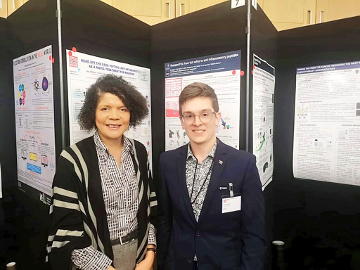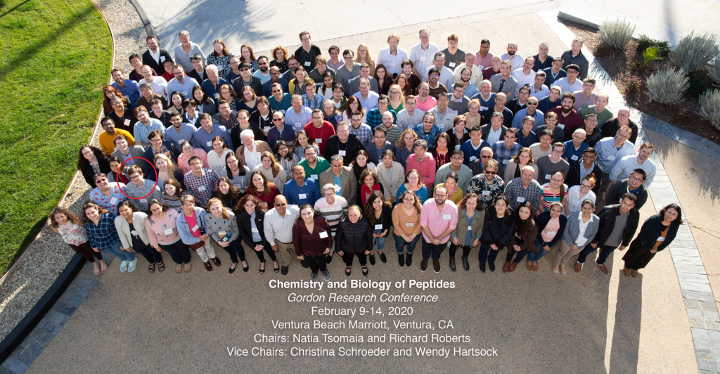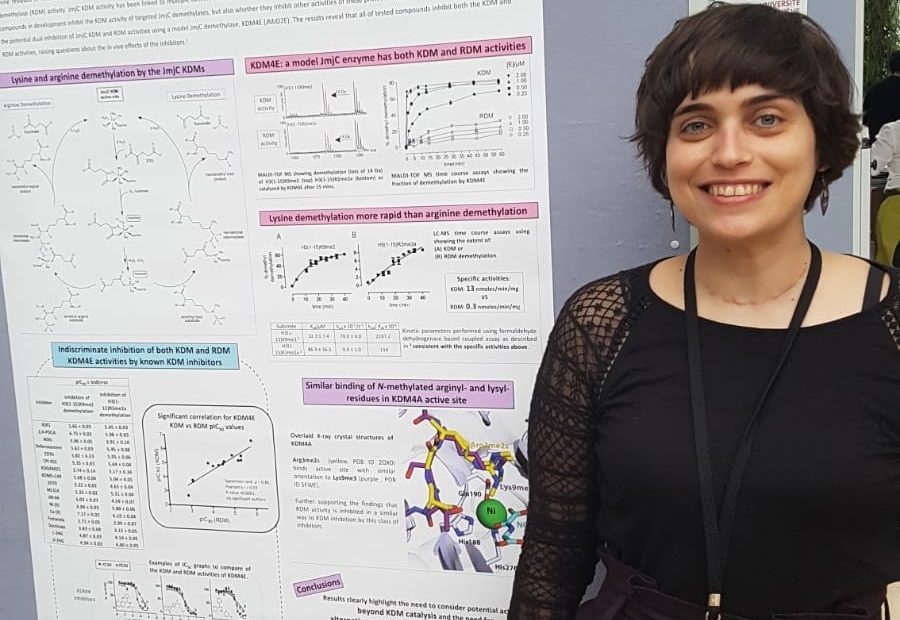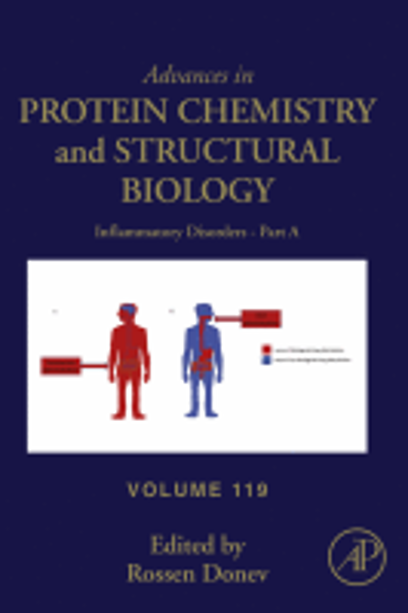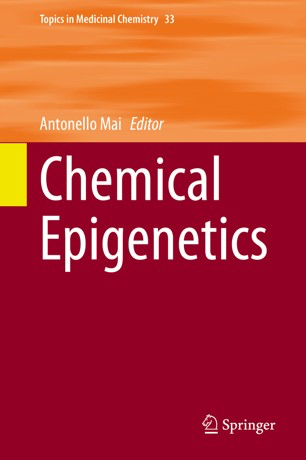International Women’s Day
Delighted to join the SNES International Women’s Day event (Newcastle University) to celebrate the International Women’s day. It was inspiring to hear the different paths and scientific journeys that Dr Susanne Harnor, Dr Marina Freitag and Clare Fearon have taken. Thanks to the organisers for inviting me to share my experience too!
